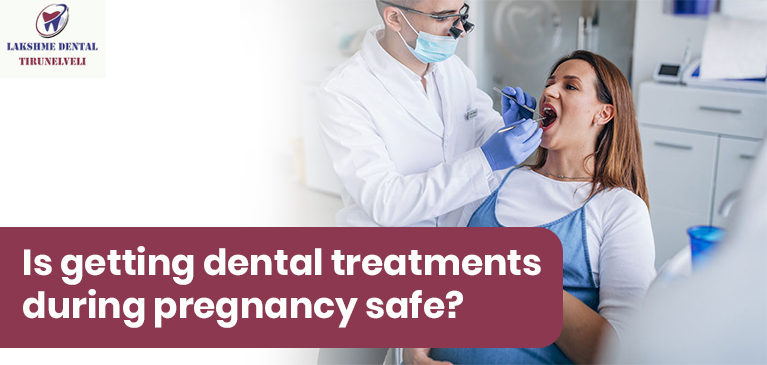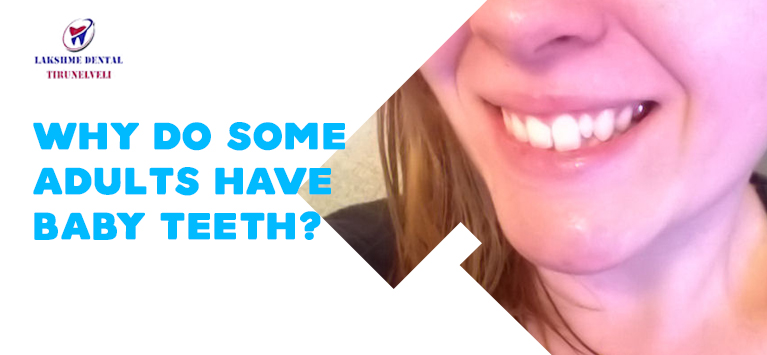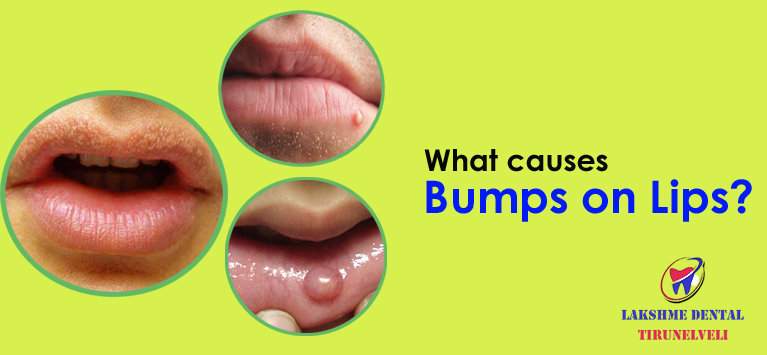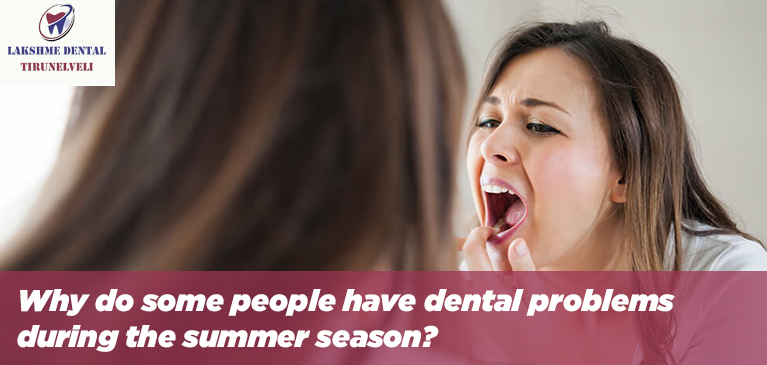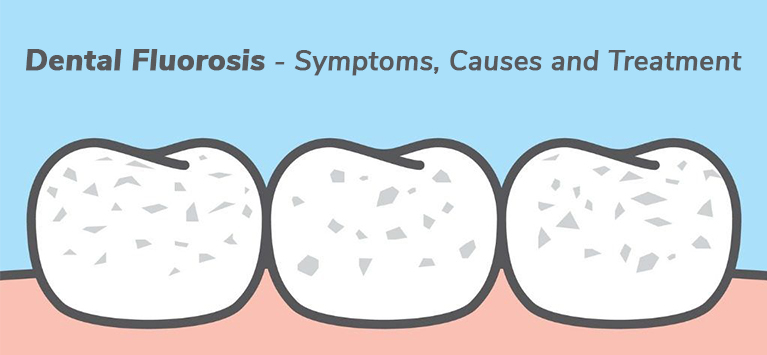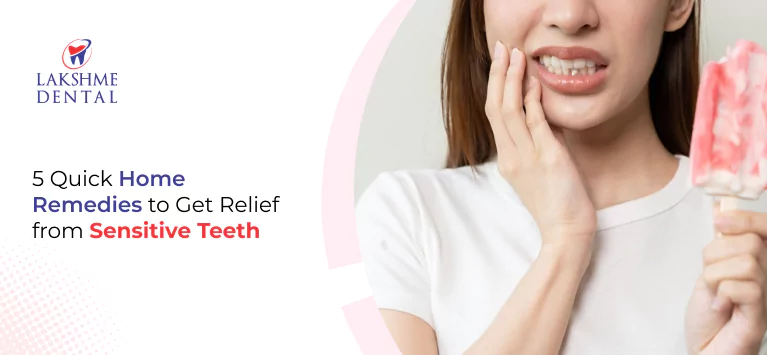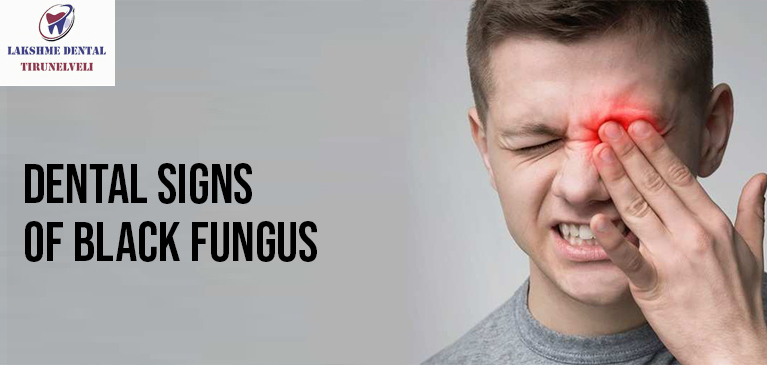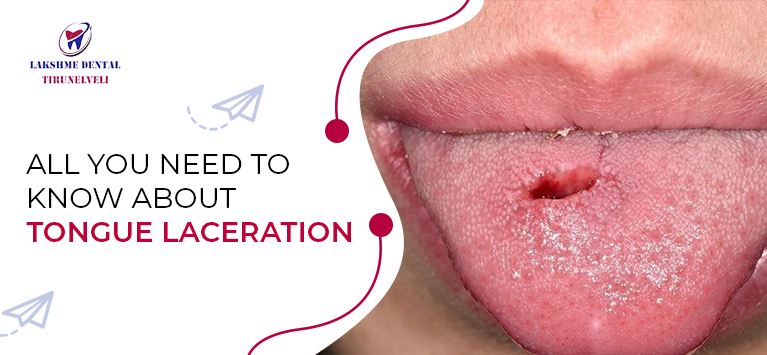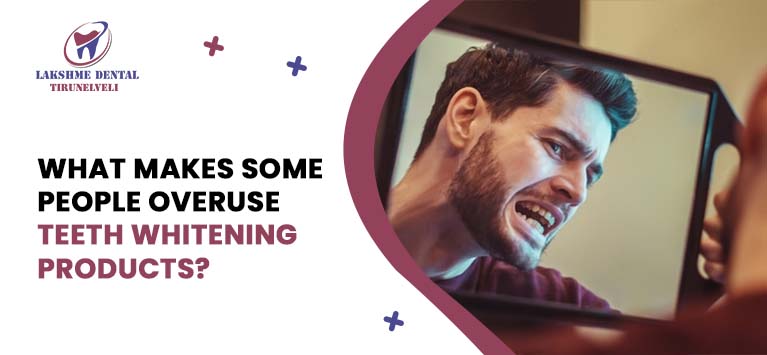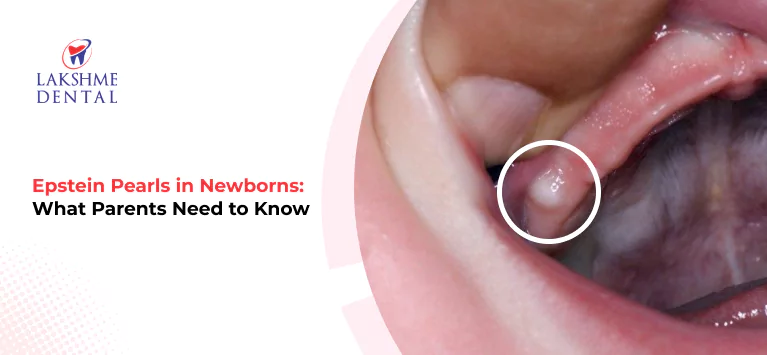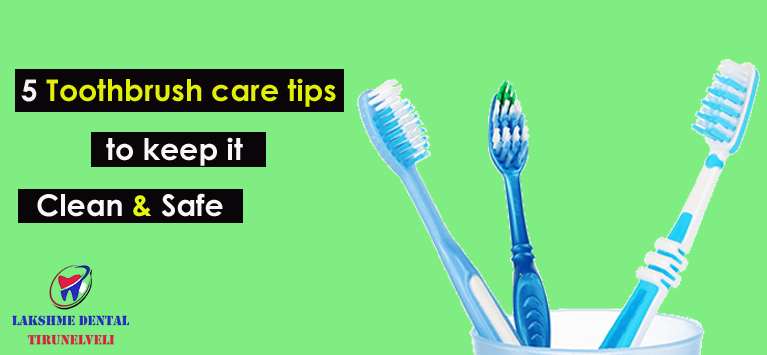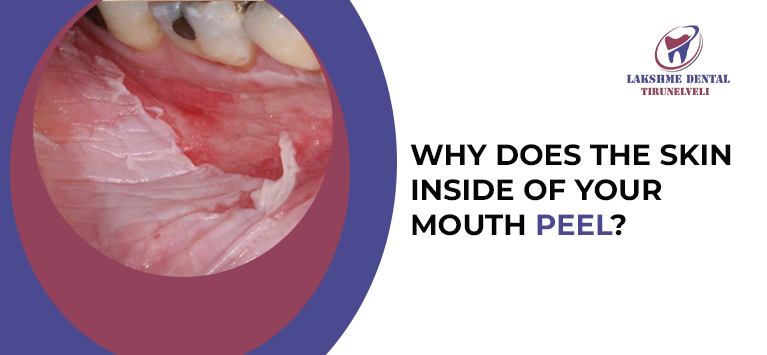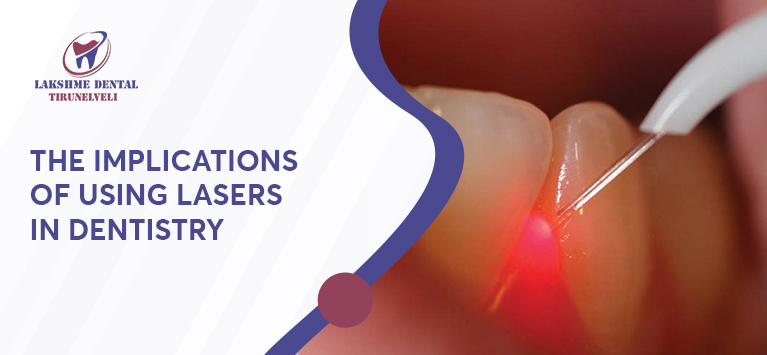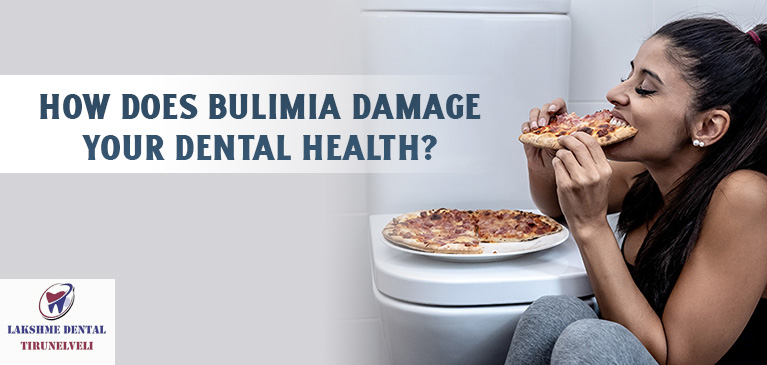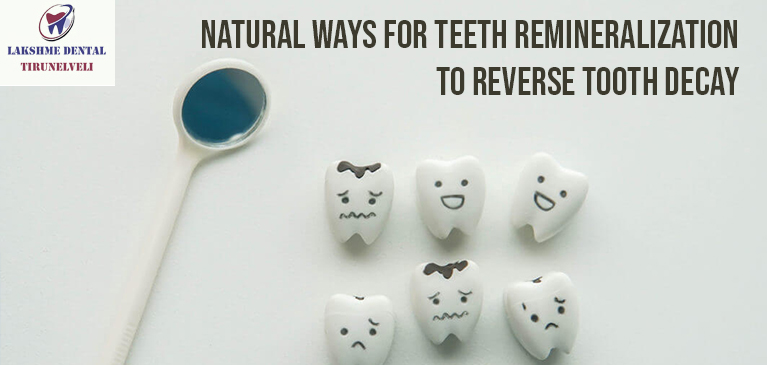How Does Intermittent Fasting Impact Your Dental Health?
Intermittent Fasting (IF) is a popular diet trend gaining the attention of fitness freaks globally. It is a simple dieting plan to adhere to and does not require special meals to regulate your weight loss plan. The IF meal plan does not restrict what you eat. Instead, it allows you to eat only at specific intervals to limit the calorie intake.
Surprisingly, many IF dieters enjoy various oral health benefits apart from achieving weight loss goals thanks to the intermittent energy restriction plan.
What is intermittent fasting?
As the name suggests, the diet necessitates the dieters fast for a specific period of time each day. They can eat their desired foods but only at the designated time frame of a day. In essence, you have to switch between fasting and eating routinely.
As the fasting method contrasts with our regular eating plan, the dieters must choose the appropriate fasting schedule that does not upset their daily routine. Likely, it involves 3 different kinds of fasting methods as listed below:
- 16/8 method – It involves 8 hours eating period and 16 hours of fasting time a day. It is a simple intermittent fasting method to follow. In this approach, the followers have to skip breakfast and eat what they want from afternoon to night (1 PM to 9 PM, for instance). It implies that their bodies would not receive the calories in the remaining timeframe.
- 5:2 method – This is the right choice for people who find it difficult to fast daily. It allows the dieters to eat normally for 5 days a week, but they should stick to 500 to 600 calorie meals alone for the remaining 2 days (i.e.) 5 eating days + 2 fasting days.
- Eat Stop Eat – It is a hardcore fasting method similar to the fasting region undertaken for spiritual purposes. It involves skipping foods for a whole day in a week. The remaining days are yours to enjoy your meals. If you prefer this method, do it only once or twice a week. Otherwise, the internal organs will be affected.
Whatever the fastening method you choose or the eating schedule you prefer, your body will use the calorie you consume during the last meals and begins to burn fat to produce energy during the fasting hours.
To achieve your weight loss goals through IF, you should follow your dietician’s advice.
How does intermittent fasting benefit your oral health?
Besides aiding in maintaining a healthy weight, the diet plan is linked to various benefits like improved memory power and lowered risk of heart disease due to reduced inflammation. Meanwhile, it influences the dieters’ dental health positively in specific ways. Here are some instances:
1) Fewer bacteria attacks
Certain additives like sugar in foods and drinks you regularly consume throughout a day feed bacteria to thrive in your mouth. When you eat less and abstain from foods for long hours, the harmful oral bacteria do not get agents to boost. It means you are preventing the growth of oral microbes hence that cavities and gum diseases do not occur.
2) Regulate the pH of saliva
Saliva has multiple functionalities like moistening our mouths, killing harmful bacteria, neutralizing the acidic environment inside the mouth, etc. The acidic substances in certain foods and drinks compromise the saliva’s pH value and make it acidic.
It implies that there will be less acidic levels in your mouth when you eat less. Moreover, you have to drink more water while dieting. It helps in regulating the saliva’s pH value and makes it neutral. Hence you are less prone to develop dental problems such as acidic saliva-related cavities, foul breath, dry mouth, and dryness in the mouth.
3) Human Microbiome
Human microbiomes are generally composed of an equal number of helpful and harmful microorganisms. Whenever there is more calorie intake than the body burns, there is an imbalance in the microbiome.
In such cases, our immune and digestive systems will be affected and pave the way for bacteria overgrowth. It causes diabetes, gum diseases, etc. When your body is acclimated to the same ratio of feeding and fasting, imbalance in the ecosystem of bacteria is prevented.
Will toothpaste break your intermittent fasting?
There is a misconception that the calories in toothpaste will break intermittent fasting. If you believe this and eliminate toothpaste from your oral care routine, you are making a mistake.
Toothpaste contains no significant caloric value. Furthermore, you are going to spit out the toothpaste after brushing. How will it break your fasting when you do not ingest the teeth cleaning agent?
Bottom Line
Similar to keto diet, paleo diet, vegan diet and other weight loss diet programs, intermittent fasting is also scooping up new followers. It does not force our body to go without eating for extended periods. but lower our calorie intake. It is advantageous to both our physical and dental wellness.
Remember that you should maintain your oral care routine while following this energy restriction plan to maintain your body’s weight. Even though it safeguards your oral cavity, it is not an efficient replacement for your daily oral hygiene routine.

